The former Tonight Show host thinks a dose of bothsidesism will punch up the late-night scene.
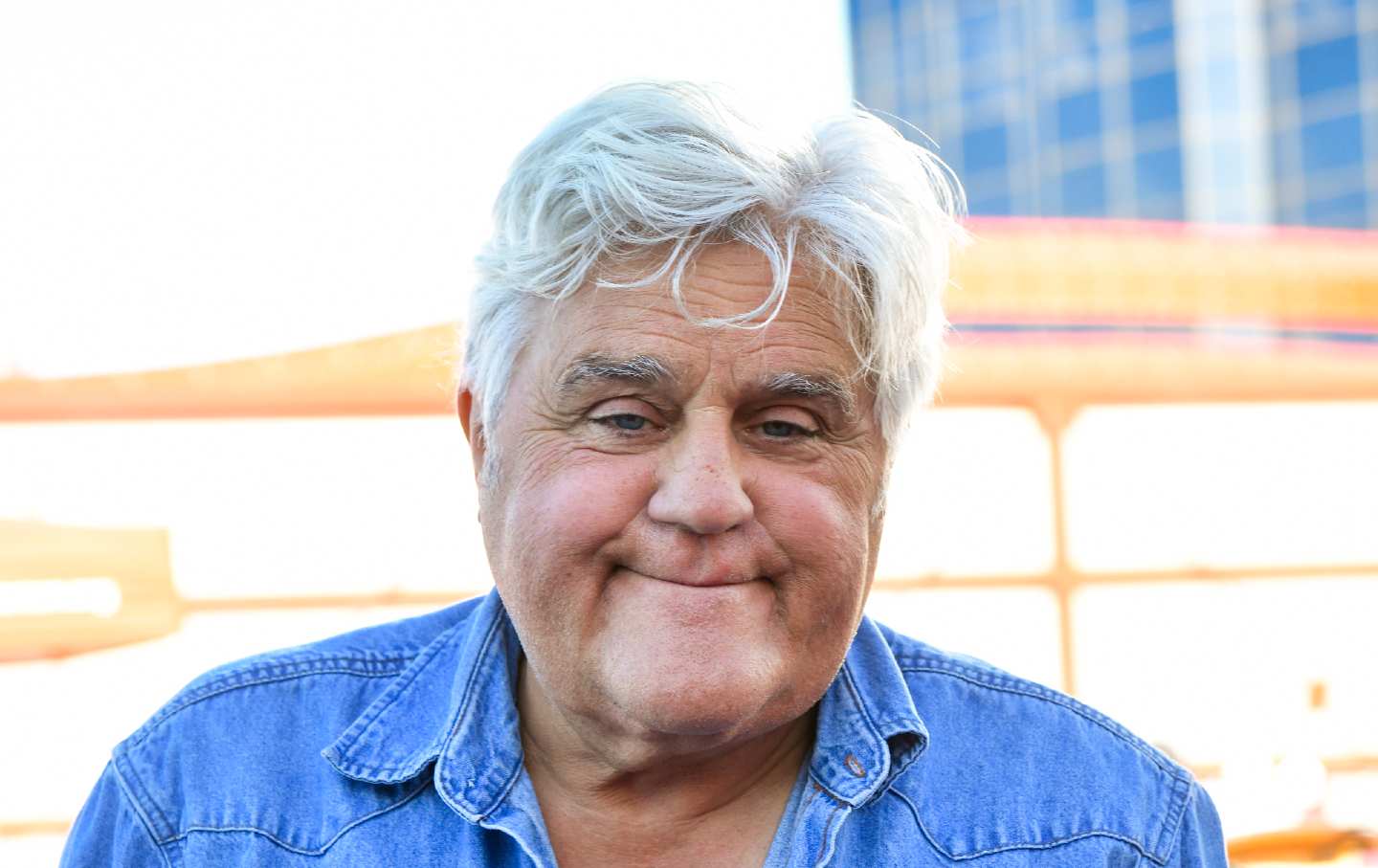
Jay Leno at the 2021 Britweek Luxury Car Rally in Los Angeles
(Rodin Eckenroth / Getty Images)
Why is it that every time a great late night host loses a job, Jay Leno appears? Back in the 1990s, when David Letterman lost out on hosting The Tonight Show, Leno was there to claim victory. When Conan O’Brien briefly replaced Leno and then got fired from The Tonight Show, Leno was there to take his old job back. This month, CBS fired arch–Trump critic Stephen Colbert and canceled The Late Show—perfect timing to signal to the Trump administration that CBS’s new owner, David Ellison’s Skydance, would offer more “viewpoint diversity” (i.e., Trump-friendly material) on its airwaves. And out of a clear blue sky, Leno is back!
Viewers who suffered through those earlier late-night wars can rest easy in this respect: CBS isn’t hiring Leno as Colbert’s replacement. Instead, Leno has resurfaced in an interview with David Trulio of the Ronald Reagan Presidential Foundation and Institute to complain about how politically one-sided late night comedy has become. “I love political humor, don’t get me wrong,” Leno told Trulio. “But it’s just what happens when people wind up cozying too much to one side or the other…. Why shoot for just half an audience all the time? You know, why not try to get the whole. I mean, I like to bring people into the big picture.”
Sure, Jimmy Kimmel, Jimmy Fallon, and Colbert go after Trump relentlessly—he is the sitting president, after all, and one whose extremist bigotry, penchant for attacking comedians, and criminal record puts him in a special class of sitting president. It’s hard to see what else they would do.
Without acknowledging any of that, Leno and Trulio discuss the need for a “both sides” approach to late night as if it were an extension of network news—as if comedians need to give an objective accounting of the day’s events. These people host late-night comedy shows, not presidential debates. We currently have a Republican White House, Congress, Senate, and Supreme Court. It’s not as if having two parties means both sides hold equal power. If Leno wants to see more jokes about Democrats, he should help elect more Democrats.
It’s also a bit much to hear the CEO of a foundation named after Ronald Reagan laud Jay Leno for his evenhandedness in political humor. It was the Reagan administration that did away with the Federal Communication Committee’s Fairness Doctrine in 1987. That long-standing policy obligated broadcast television and radio owners regulated by the FCC—including ABC, CBS, and NBC—to devote time to opposing and varying views as a way to keep media corporations from monopolizing political discourse. Republicans argued that getting rid of the doctrine expanded free speech—in a dramatically unregulated media industry, they maintained, the free market would dictate what views and politics actually get presented.
And it did. Once the doctrine disappeared, a media revolution ensued. With broadcasters no longer fettered by fairness standards or fact-checked rebuttals, the career of Rush Limbaugh became possible. Allowed to bloviate uninterrupted for three hours a day on talk radio, Limbaugh found a huge national following for his grievance-based agenda, and paved the way for any number of highly successful imitators to follow suit. Talk radio remains a conservative stronghold where few liberals succeed.
Current Issue

And yet, despite no longer having a Fairness Doctrine to hold them back, that kind of right-wing grievance culture has never taken hold at the three legacy networks, especially at 11:30 pm and 12:30 am, where the comedy tilts left and anti-Trump—much to the consternation of Jay Leno and the FCC.
The Trump administration, in its approval of the Skydance-led deal for Paramount and CBS, has now insisted that CBS hire an ombudsman to ensure that the network offers MAGA-friendly political and social views in its news broadcasts. If Trump sought anything resembling actual “viewpoint diversity,” he could simply bring back the Fairness Doctrine to balance content across the airwaves—although that would destroy conservative talk radio. Imposing an ombudsman on CBS ensures that conservative views will air where they do not succeed—i.e., broadcast news done outside the MAGA media bubble.
Needless to say, virtually none of this has occurred to Jay Leno. “As the host of The Tonight Show,” Leno said a few years ago, “I liked to humiliate and degrade both sides equally.” Really? Jay Leno—“fair and balanced” comedian? A 2009 George Mason University study found that of the 33,000 jokes Leno told about politicians during his first run as The Tonight Show’s host, he told 4,468 Bill Clinton jokes and 2,999 about George W. Bush. (Spare a moment of studio-audience silence for whatever poor undergrad research assistant was forced to sit through those 7,467 jokes.) Of course, there’s no reason Leno shouldn’t have gone after Clinton more than Bush if he wanted to—just as there’s no reason why Kimmel, Colbert, or Fallon shouldn’t go after Trump more than anyone else. Nor is a spreadsheet analysis of 33,000 jokes really necessary to figure out that Leno has always been a center-right comedian. As he himself has said, “People can kind of figure out your politics if they’re paying attention.”
Leno’s right-leaning show regularly topped Letterman’s in the ratings. The liberal slant of current late-night has a lot to do with the deeply unpopular policies of President Trump and the viewing demographic that’s stayed with late-night programing on network television. It’s not as if comedy itself is getting more liberal or leftist. The podcaster-comedians who helped Trump get elected tilt rightward, and the current success of Greg Gutfeld and continued success of Bill Maher don’t remotely suggest that conservative views can’t catch a break in the comedy world.
Even if a Colbert or Kimmel went after Democrats more, would it come across as fair and balanced? After watching Colbert since his great Colbert Report days and Kimmel brought to tears at the news of Trump’s reelection, would you believe that they’re also fuming mad at Chuck Schumer or Hakeem Jeffries for their liberal excesses? Maybe they do have some reason to snipe at them—like Schumer’s mostly ineffectual opposition to Trump or Jeffries’s refusal to just embrace Zohran Mamdani’s NYC mayoral campaign—but that kind of material is hardly the GOP-friendly “viewpoint diversity” that Leno (or Trump) wants to see.
When Colbert moved from Comedy Central to CBS in 2015, he did try to tone down his left-leaning Colbert Report sensibility—a move that netted him so-so ratings. When he went back to political humor, often aimed at Trump, Colbert’s ratings went up, and it took him to the number-one time slot. In the ideal post–Fairness Doctrine marketplace of ideas that the Reagan Revolution gave us, that’s exactly what was supposed to happen. And true to form, modern-day Republicans want to gerrymander late night.
Popular
“swipe left below to view more authors”Swipe →
It’s also worth noting that defining Leno’s reign as a right-leaning joke machine on late-night isn’t simply a matter of touting up the final count of anti-Bush and anti-Clinton jokes. Take, for instance, Leno’s relentless slut-shaming at the expense of Monica Lewinsky. In his own gauzy remembrance, Leno was a voice for fair play and civility. Back when Leno first began touting comedic civility in the Trump era, John Oliver threw a montage of his own Lewinsky jokes back at him, because Leno wasn’t any more civil then than he was bipartisan. Leno certainly wasn’t alone in going after Lewinsky—Maher, Letterman, and Maureen Dowd, among many others, beat up on her. The difference is that Leno has a particular talent for dressing up his cruel streak in a folksy style of “Didja hear this?” water-cooler banter.
Nor was Lewinsky the only woman on the receiving end of a barrage of Leno’s conservative punching-down jokes: There was Stella Liebeck. That name is largely forgotten now, but Liebeck was the 79-year-old woman at the center of the McDonald’s hot-coffee lawsuit. In 1992, Liebeck got third-degree burns when a cup of hot McDonald’s coffee fell in her lap while she sat in the passenger seat of a car. She later acknowledged that she fumbled the coffee, but the extreme heat caused her to be hospitalized for eight days with burns that required extensive skin grafts. McDonald’s knew of more than 700 customers who suffered such burns from spilling its coffee. When the company refused to cover her thousands of dollars in medical costs, she went to court. A judge initially found McDonald’s liable for a symbolic judgment of $2.9 million (the amount of two days of coffee sales for the chain), which was quickly reduced. The true story, including her hospitalization and that she wasn’t driving when it happened, never quite pierced the pop culture—thanks in no small part to Leno.
Leno’s instinct wasn’t to go after McDonald’s for selling 190-degree coffee in cheap cups that routinely scald people. Instead, his take was that a mind-numbingly stupid Liebeck wanted McDonald’s to pay her millions for her own lack of common sense. Leno helped turn her into a poster child for frivolous lawsuits and grifters. As he sniped one night, “Now she claims she broke her nose on the sneeze-guard at Sizzler looking at the chick peas!” Liebeck’s lawyer even tried explaining the actual case to Leno in the hope that the late-night host might alter his jokes to stop portraying Liebeck as a professional victim filing a frivolous lawsuit. Leno wasn’t interested—he’d found comedy gold and so confined Liebeck to the status of national punch line to mine it.
If Leno’s first comedic reflex is to side with a multibillion-dollar fast-food chain over a scalded grandma, it’s no surprise that he sides with our babbling dictator president when he feels late-night comics are too mean to him.
More from The Nation
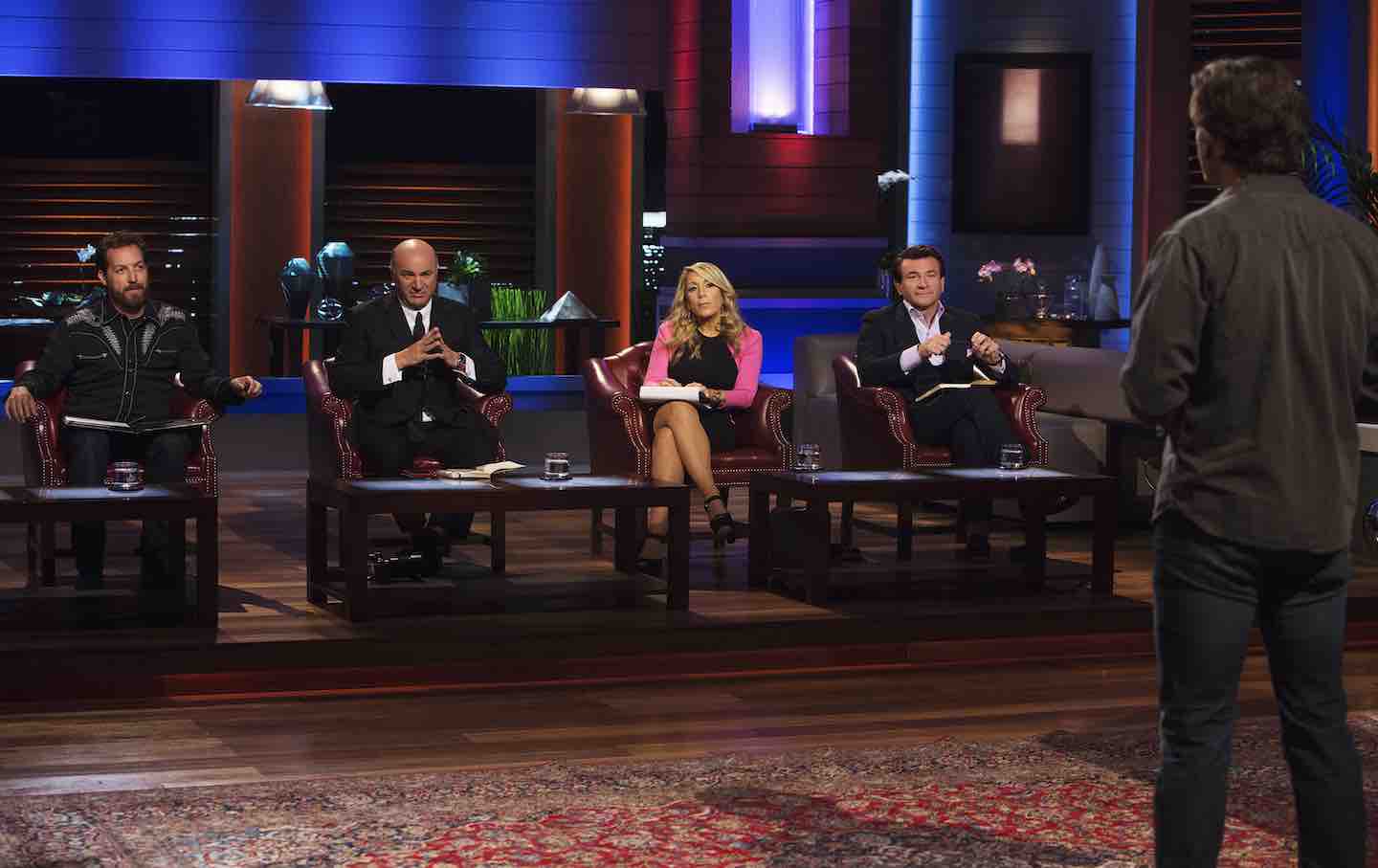
Alex Higley’s True Failure, which dramatizes one man’s dream to pitch his business idea on reality TV, slyly compares this bathetic task to publishing literary fiction.
Books & the Arts
/
Ben Sandman
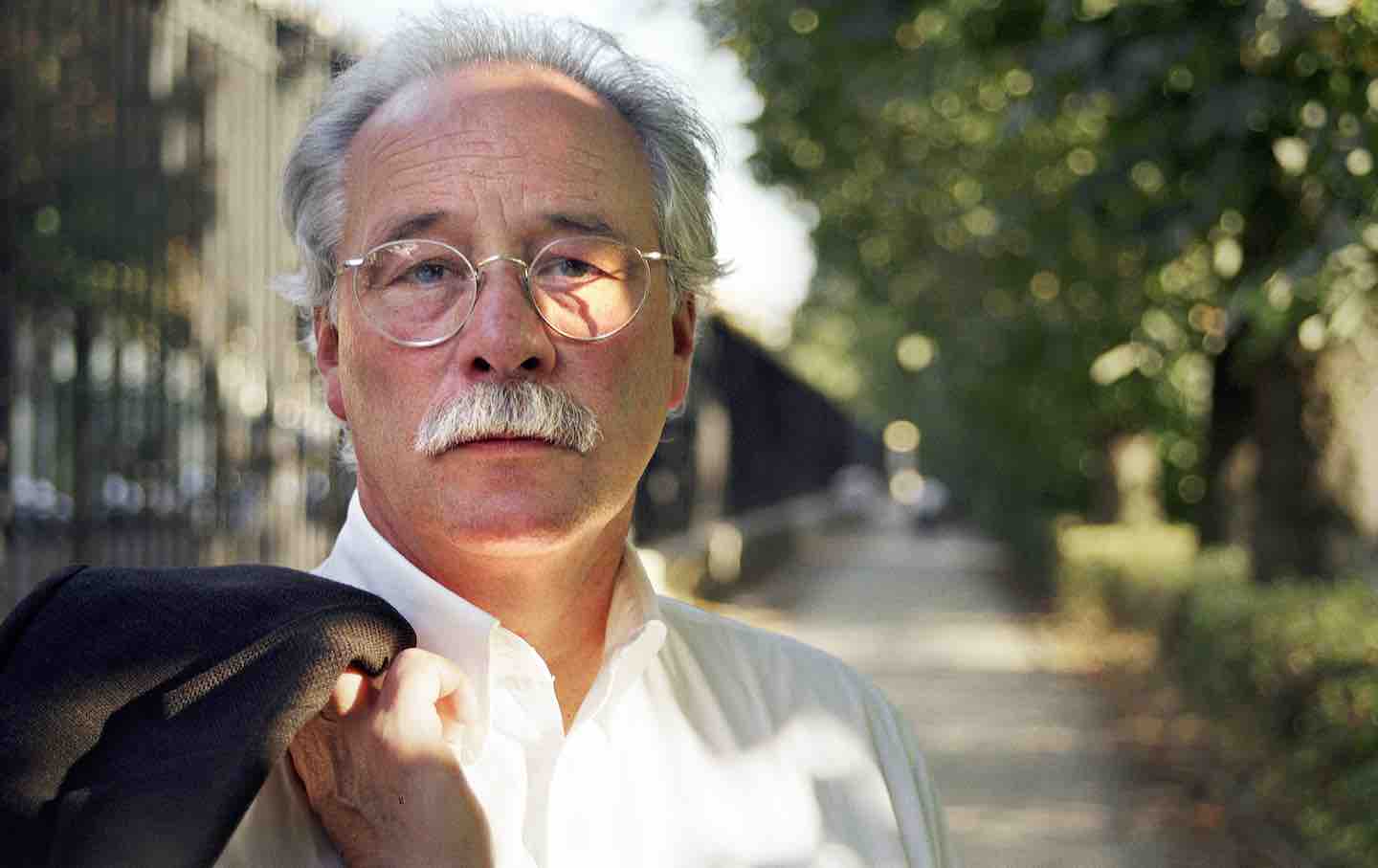
By looking at his early work, we can better understand who the German writer was beyond his persona as the melancholy intellectual and serious man of letters.
Books & the Arts
/
David Schurman Wallace
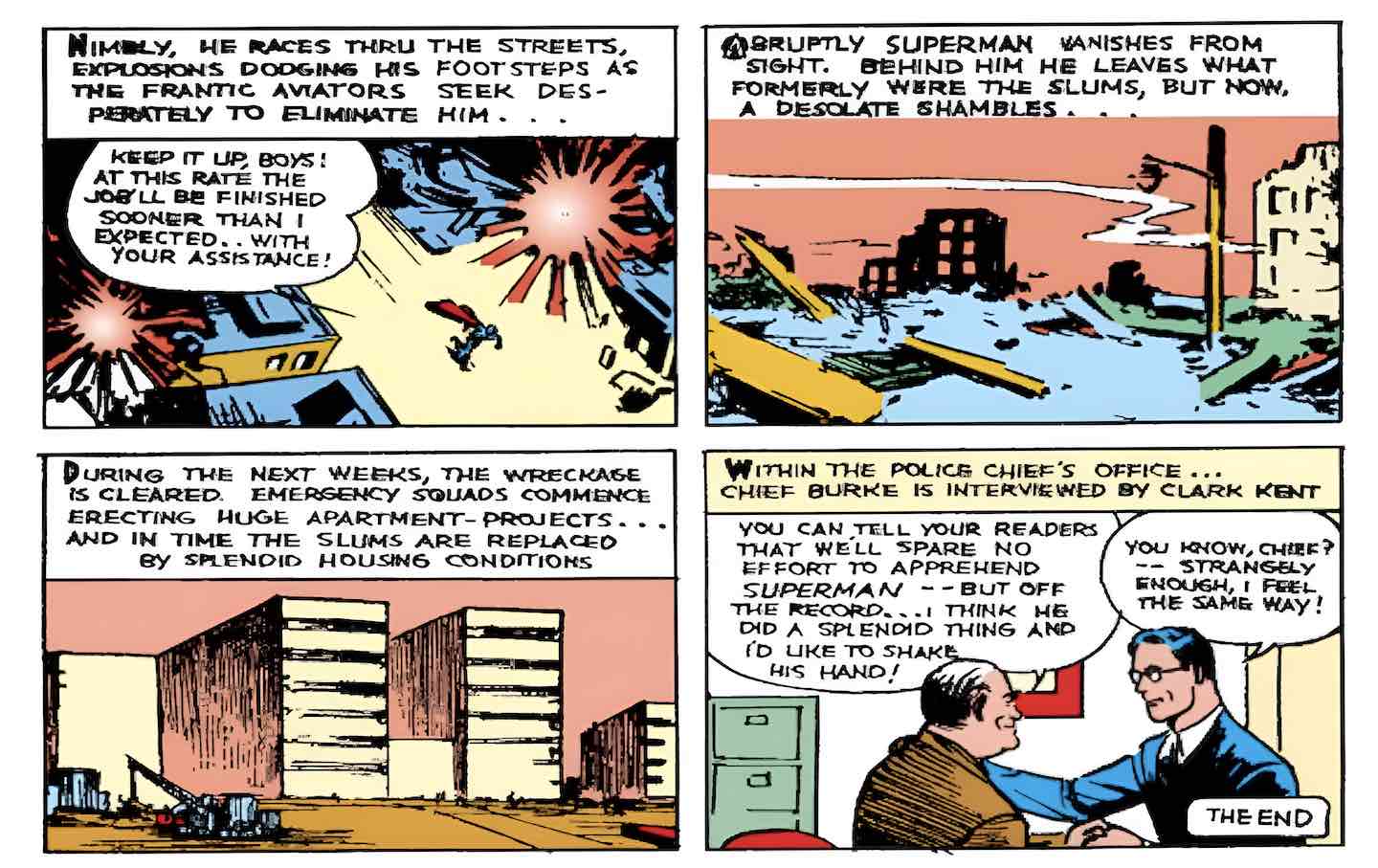
The real Man of Steel wasn’t woke, but he was radical.
Jeet Heer
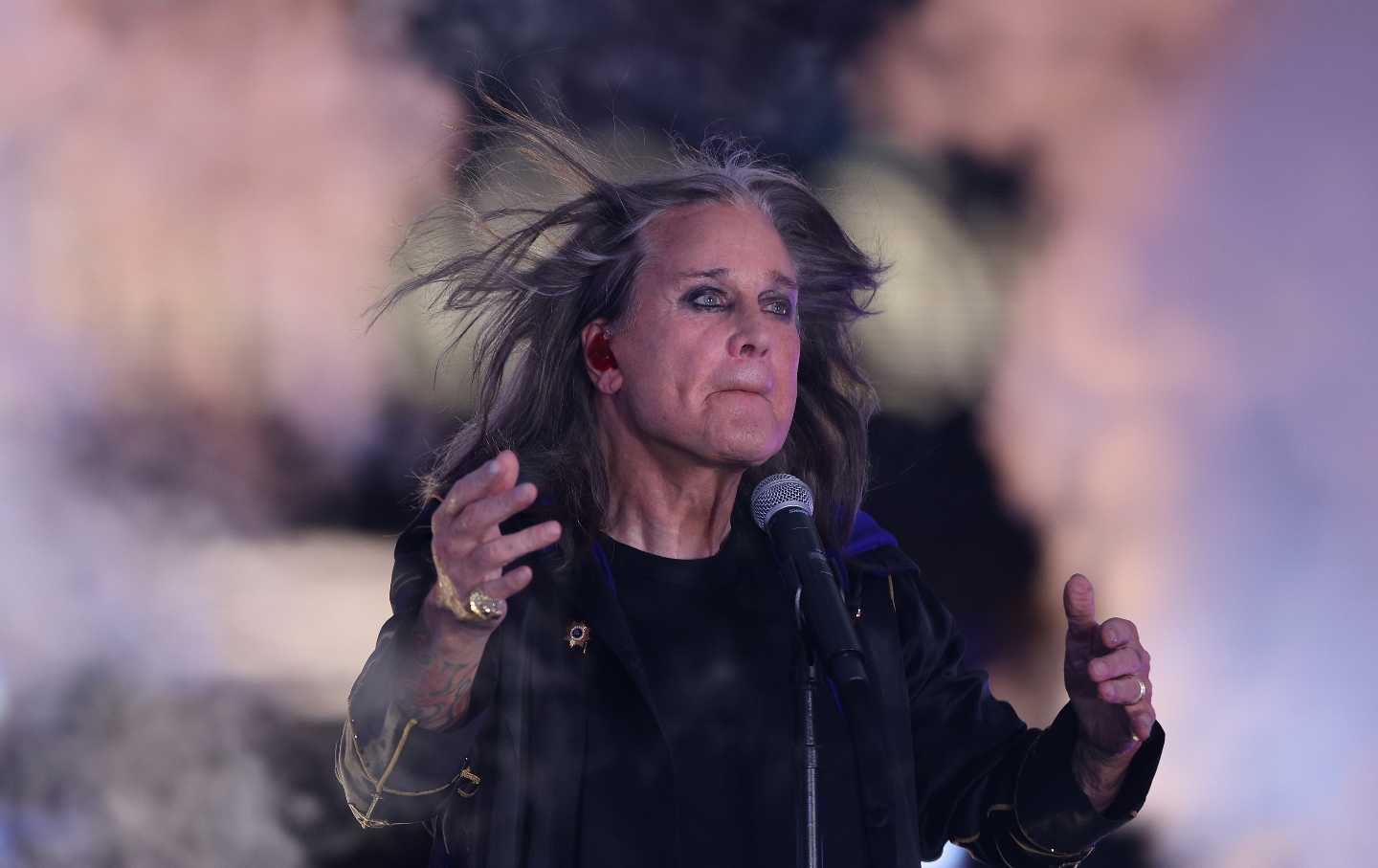
The Prince of Darkness, who gave us heavy metal as we know it, has been laid to rest.
Obituary
/
Kim Kelly
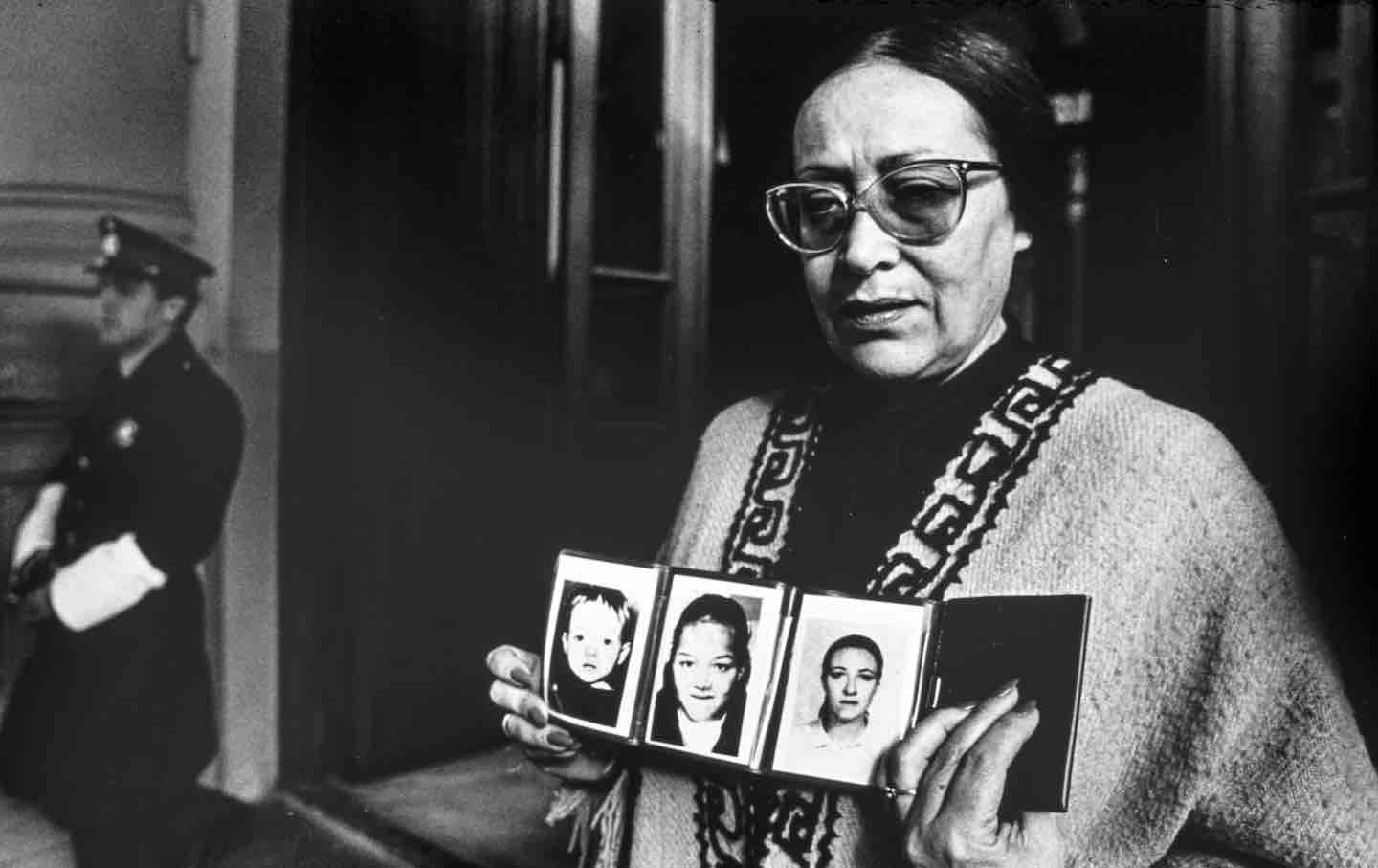
Haley Cohen Gilliland’s A Flower Traveled in My Blood looks at the efforts of a human rights group to find the children and grandchildren who were disappeared by a dictatorship.
Books & the Arts
/
Jacob Sugarman
